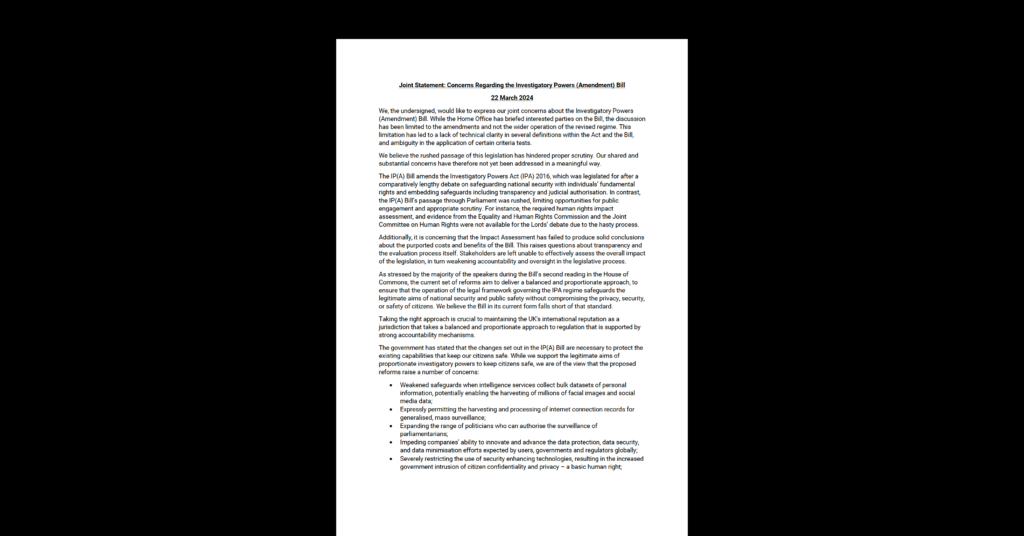Government Surveillance

New technologies have given governments around the world unprecedented means to collect and access personal information. This includes law enforcement agencies demanding content from tech companies, intelligence agencies tapping directly into internet cables, and the use of surveillance technologies such as license plate readers or facial recognition cameras.
Much of this government surveillance is aimed at enhancing national security and safety, yet in order to ensure all people can seek information and express themselves freely, there must be reasonable checks and balances on governments’ ability to access, collect, and store individuals’ data. Both security and freedom can be protected, but only through balanced laws and policies that uphold human rights.




